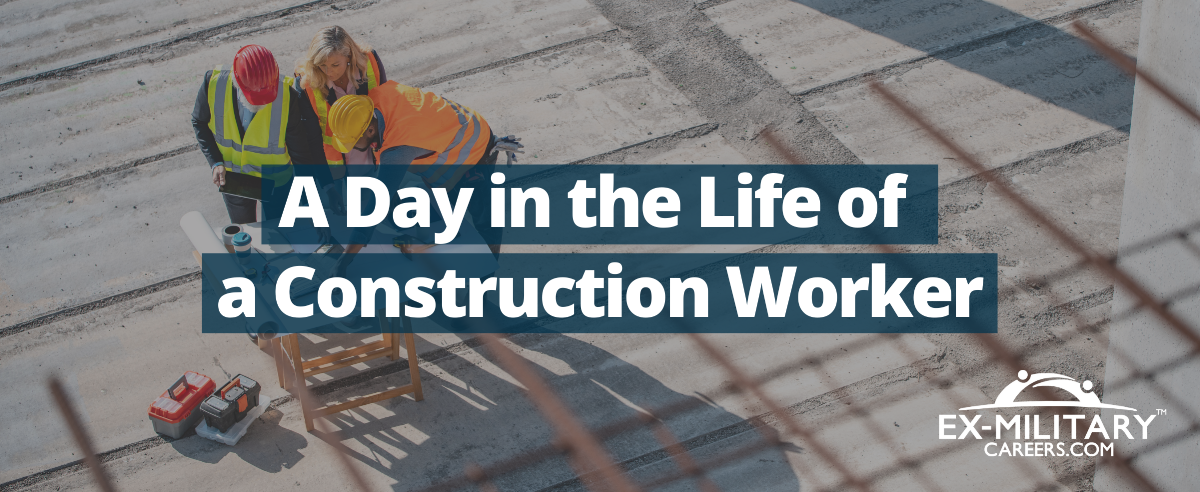
On any given day, a construction manager may spend time negotiating a contract, hiring a subcontractor, inspecting a plumbing installation problem, or all the above.
Job descriptions can only go so far in portraying the day-to-day, so it's worth taking a deeper dive into what it means to be a construction manager. In this blog, we’ll be exploring a day in the life of a construction manager and what attracts thousands of applicants to the role each year.
There is no typical day for a construction manager. One day, you could be meeting with stakeholders and the next you could be at the job site investigating the source of a project delay. With that in mind, most project managers are expected to spend their days on all of the following:
Many construction managers have several common skills that keep them engaged with their work and passionate about their projects.
Being geographically mobile and able to relocate to change employers or projects will be an advantage in progressing your career. Working for a large global firm may offer opportunities to work overseas, particularly if you develop expertise in an area in which skills are in demand, such as transport infrastructure.
With substantial experience as a construction manager, you could progress to becoming a project manager, contracts manager or a senior manager/department head. With additional training, you could move into specialist fields such as building inspection or health and safety.
If you’d like to find out more about our services or job vacancies, get in touch with our team or visit our jobs page.